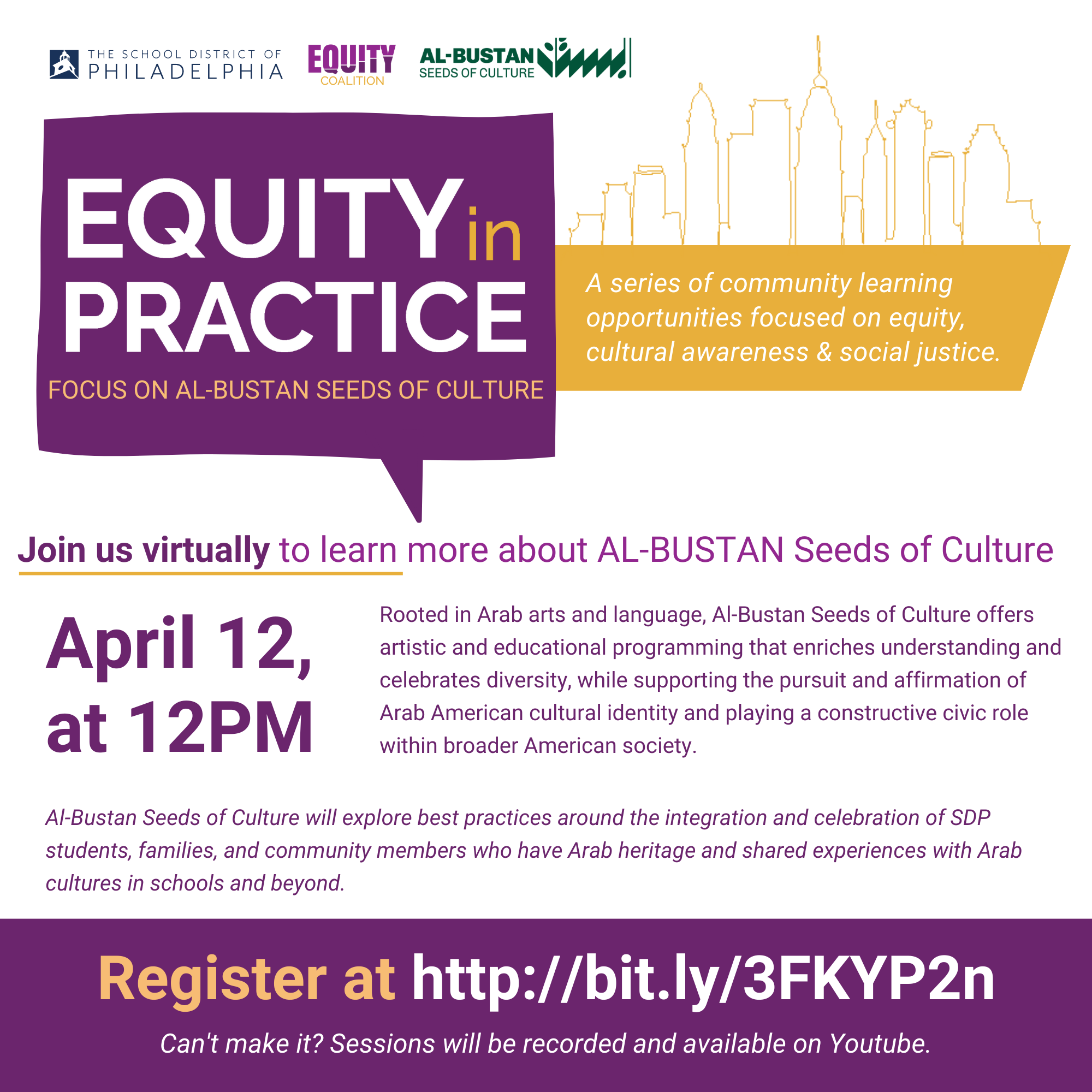From Middle East Eye Discover's post on Instagram:
https://www.instagram.com/p/CpfKZxfDY_8/
During the Muslim holy month of fasting, Ramadan, and in the weeks leading up to it, it is hard to find a street in Cairo without the familiar glow of the fanous - or Ramadan lantern - displayed for sale.
The Ramadan lantern is a folkloric symbol that goes all the way back to the days of the Fatimid Caliph El Moaz (932- 975), whose chief general Jawhar al-Siqilli ordered the people of Egypt to go out in the streets lighting candles to welcome the Caliph home from Africa.
The night was windy so the Egyptians used simple fanous - lanterns - to protect the candles from the wind. Having seen the luminous and beautifying effect, the Caliph became enamoured with the idea and ordered that every mosque in Egypt should have a lit lantern in front of it.
Over the centuries following this incident, the lantern became inextricably linked to the holy month of Ramadan in Egypt. Even today, every house in Egypt makes sure to buy at least one lantern at the beginning of the month.
--------
Bringing Ramadan Spirit to American classrooms and libraries Ramadan 1444 Hijri/2023 AD:
Bringing Ramadan and Eid's spirits and how I relate to them as an Egyptian who was uprooted from my homeland and culture into an American classroom is a wonderful healing experience.
It's a blessing that God opens such rare opportunities I have been yearning for, who knew that would be even possible?
This year feels really special in this regard, I was able for the first time to talk about how special Ramadan is in Egypt and how a lot of the cultural manifestations of the celebrations started in the heart of old Cairo, my beloved home town. Lanterns, tent makers quilts, the Mesaharati (the drummers who walk aroudn before dawn to wake people up) and so many more things that became an association with Ramadan worldwide.
This is my 9th Ramadan away from Egypt, and as I approach the 10th I still struggle to think about those years passing, I obsess over decorations now more than ever because I feel like I need every single visual reminder possible to stay connected to my history. It's hard to speak of the intense emotions associated with my Ramadans in Egypt and to put it out in words, but despite the difficulty I deal with each year, I'm happy that I spoke of the beauty and shared it with so many more people this year.





